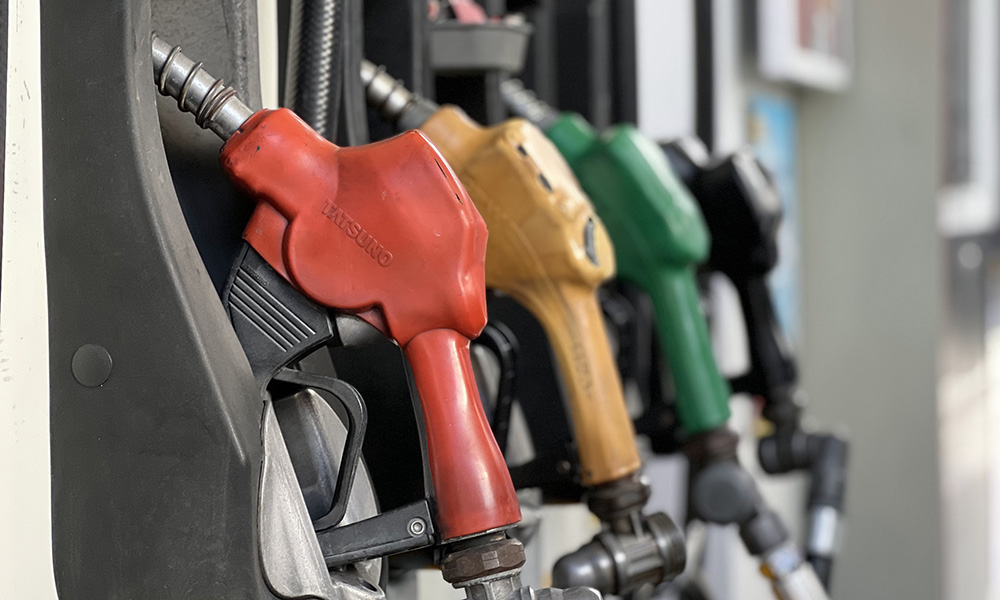
E-fuels, also known as electrofuels, have been pushed as sustainable alternatives to oil-derived gasoline and diesel for some time now, but it seems supporters of the technology may have an uphill battle ahead of them.
That’s if a recent event in Germany is anything to go by. The country’s minister for digital and transport, Volker Wissing, held an e-fuels conference as part of this year’s IAA Mobility expo in Munich recently, where he invited experts from across Europe and further afield to discuss the technology.
His aim was to declare e-fuels as an option for decarbonization in road transport, but a planned joint final declaration to that effect seemed to have failed miserably as not many countries appeared to be interested in the topic.
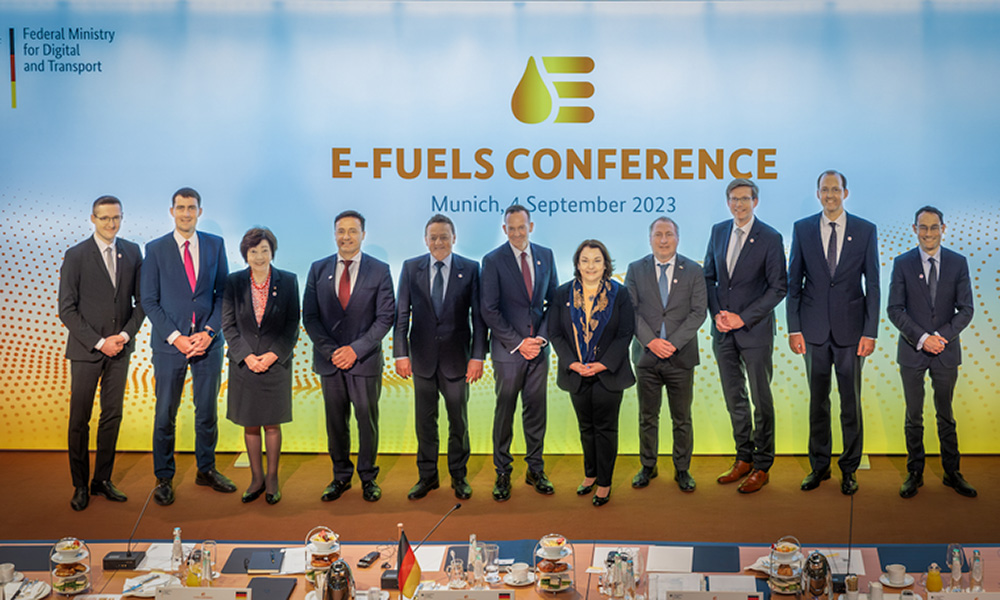
Various German media outlets are reporting that a draft of the declaration asked signatories to commit to building new e-fuel factories, but only three countries showed any interest in signing the document.
Morocco was onboard as a potential location for production, and Japan and the Czech Republic were also willing to sign, both presumably on the back of being countries with strong automobile production and therefore having to keep all options on the table.
But outside of this little group, nobody seemed to be overly interested in the topic, and the Federal Ministry for Digital and Transport ended up quietly scrapping the whole declaration.
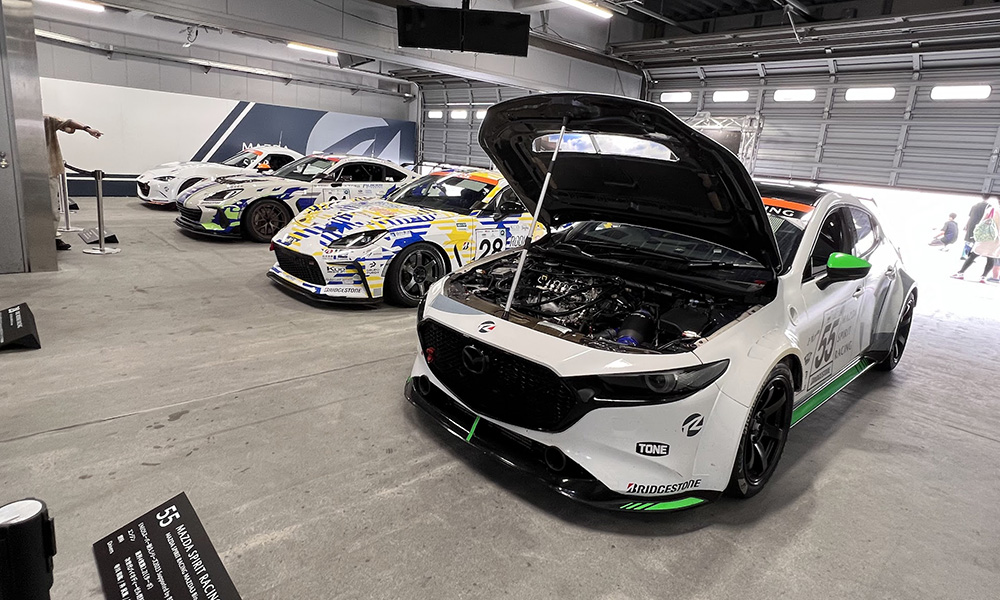
The lack of enthusiasm for electrofuels could also be sensed outside of the conference, where dozens of carmakers once again took over the city of Munich to show off their latest models. There were plenty of new electric cars and tons of hybrids, but virtually no mentions of e-fuels anywhere.
There doesn’t seem to be a single reason behind this lack of interest, and experts from the worlds of business and science state things like a lack of regulation, prohibitive costs for car companies, and a lack of supply as possible causes for the missing enthusiasm. In a typical supply-and-demand scenario, the demand doesn’t seem to be there yet. At least not in the automotive world.

Some people claim it would be better to focus e-fuels on areas of mobility where electrification isn’t really suitable, such as commercial airliners and cargo ships. If those sectors do take to the new technology—especially if sun-rich places like Morocco can cheaply produce it—then there might not be enough left to also supply millions of cars.
At least not at prices any normal consumer would be willing and able to pay. So, while firms like Porsche are supporting the idea in front of the cameras, it seems there are still plenty of discussions going on behind closed doors. Unless more countries—and thereby more carmakers—buy into it big time, we likely won’t see e-fuels go mainstream anytime soon.

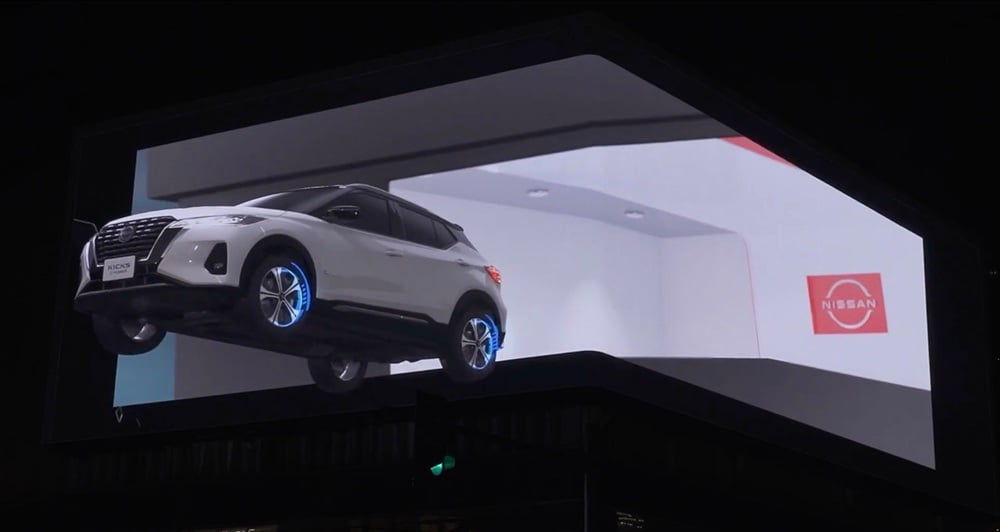
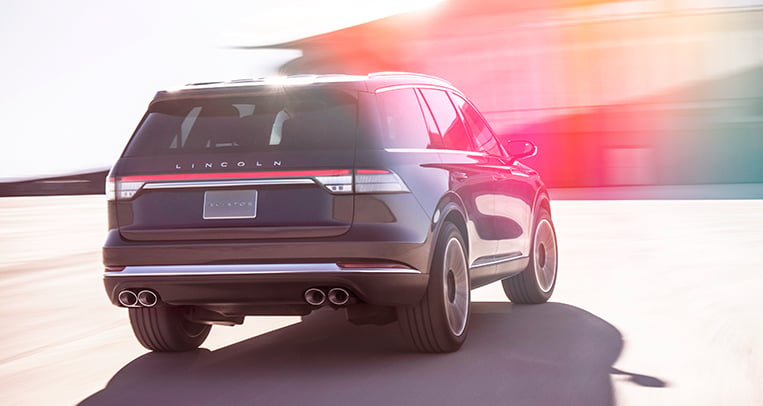






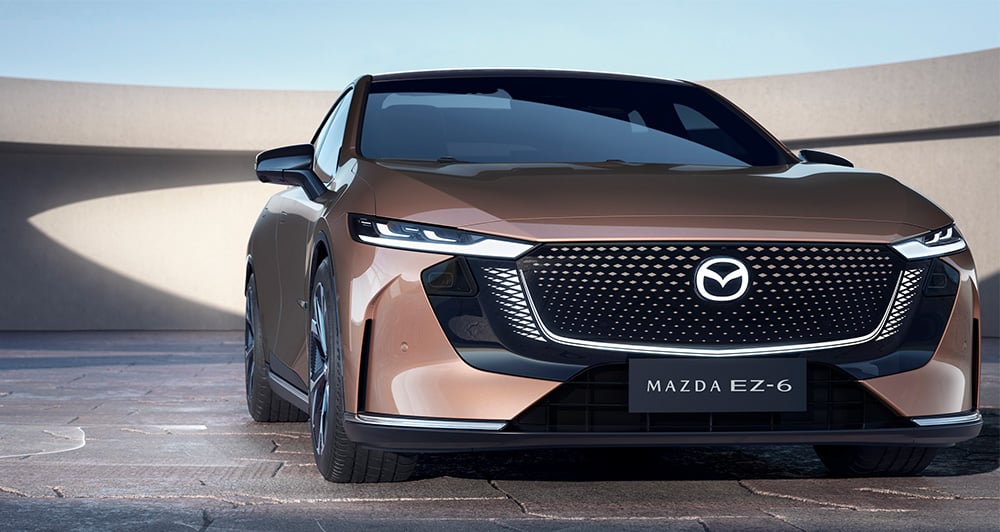

Comments